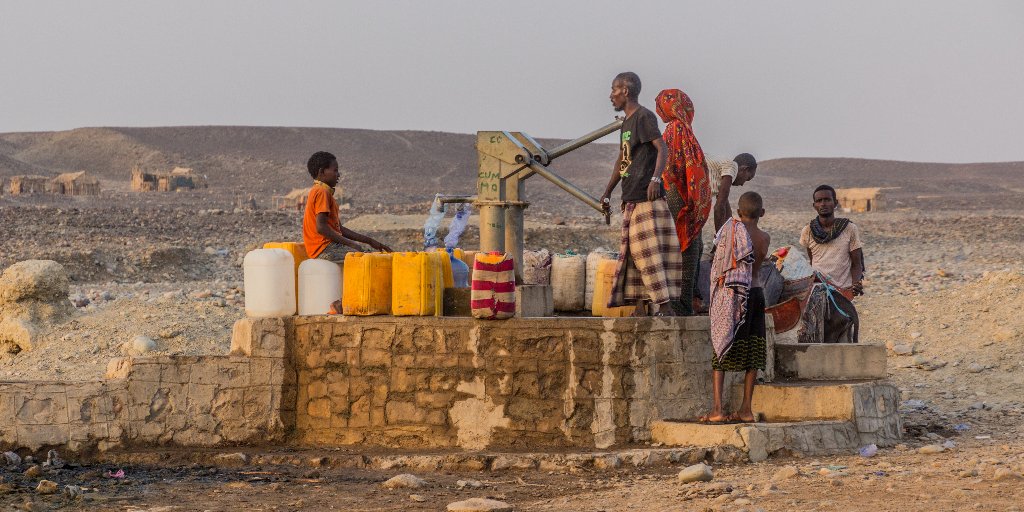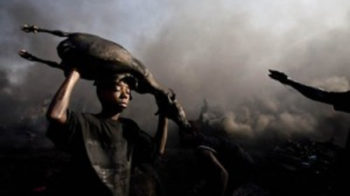
By Charles Rotter | July 22, 2022
Most people are more worried about high gas and food prices, which green policies make worse.
Bjorn Lomborg writes in the Wall Street Journal,
The chattering classes who jet to conferences at Davos or Aspen have for years been telling the rest of us that our biggest immediate threats are climate change, environmental disasters and biodiversity loss. They point to the current heat waves killing thousands across Europe as the latest reason to change our societies and economies radically by switching to renewables.
Such arguments are misleading. It’s true that as temperatures rise the world will experience more heat waves, but humans also adapt to such things. In Spain, for example, rising temperatures have actually led to fewer heat deaths, because people have adapted faster than temperatures have gone up. It simply took air conditioning, public cooling centers and better treatment of maladies that are caused or aggravated by heat, such as heatstroke and heart disease.
The exclusive focus on heat deaths is also misleading. Across the world, low temperatures are much more dangerous than high ones: Half a million people die each year from heat, but more than 4.5 million die from cold. While rising temperatures will increase heat deaths, they will also decrease cold deaths. A recent Lancet study found that rising temperatures since 2000 have on net reduced the number of temperature-related deaths. Researchers concluded that by the end of the 2010s, rising temperatures globally were causing 116,000 more heat deaths annually, but also leading to 283,000 fewer cold deaths a year.
Moreover, politicians’ singular focus on climate change ignores that people are much more worried about rampant inflation, especially rising food and energy prices. And climate policies are making those problems worse.
Lomborg cites Sri Lanka as the latest best example.
Sri Lanka is the epitome of elite environmentalism gone wrong. Pushed to go organic by activists and the World Economic Forum, the government banned synthetic fertilizers in April 2021. Food production collapsed and the currency defaulted. Hungry and outraged citizens launched protests, overran the presidential palace, and forced the government to resign en masse and the president to flee the country.
Lomborg concludes.
It’s starting to dawn on some elites that their policies are creating political dangers. Frans Timmermans, the European Commission’s vice president, has said that many millions of Europeans may not be able to heat their homes this winter. This, he concludes, could lead to “very, very strong conflict and strife.”
He’s right. When people are cold, hungry and broke, they rebel. If the elites continue pushing incredibly expensive policies that are disconnected from the urgent challenges facing most people, we need to brace for chaos.
Mr. Lomborg is president of the Copenhagen Consensus and visiting fellow at Stanford University’s Hoover Institution. His latest book is “False Alarm: How Climate Change Panic Costs Us Trillions, Hurts the Poor, and Fails to Fix the Planet.”
It’s a good commentary and well worth reading at the WSJ. It’s pay-walled, but I read it with a free subscription.



